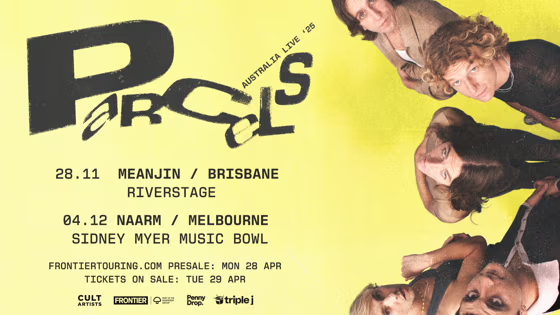Much has been made of the fact that after it’s debut at the Rome Film Festival in 2023, There’s Still Tomorrow, or C’è Ancora Domani was released across Italian cinemas to become the highest-grossing Italian film since the start of the pandemic, the highest-grossing film ever directed by a female Italian director, the best selling film of 2023 in Italy, surpassing the Barbie and Oppenheimer tussle that took place everywhere else, and the ninth highest-grossing film ever made in the country, amazingly beating the classic Life Is Beautiful. What made all the results even more surprising is that it is shot in black and white, and is essentially a film about domestic violence, not a subject known for its box office draw. Once seen though it all makes sense.
Paola Cortellesi brings her background in comedy and her own family history to write and star in her directorial debut. It’s set in a post-war Rome where money is tight and women are not only treated as second-rank citizens that should be paid less than the male juniors they are teaching, but who when they are subjected to beatings by their husbands, the physically close neighbours can only offer consolation once it’s all over.

Directed by Paola Cortellesi, Story and Screenplay by Furio Andreotti, Guilia Calenda, Paola Cortellesi. Produced by Mario Gianani and Lorenzo Gangarossa for Wildside and Vision Distribution and was a collaboration with SKY and NETFLIX.
Starring Paola Cortellesi, Valerio Mastandrea, Emanuela Fanelli, Romana Maggiora Vergano, Giorgio Colangeli and Vinicio Marchioni, Francesco Centorame, Lele Vannoli.
Coming to Australian and NZ cinemas October and November. Premiered Rome Film Festival October 2023. Has had theatrical releases throughout Europe this year. Won Sydney Film Prize at Sydney Film Festival 2024.


A soaring original score by Lele Marchitelli accompanies the story of Delia, as she navigates her daughter’s future, old lovers, American G.I.s, and glimpses of the possibilities in her own future. As well as dialogue it’s a physically acted film, the violence sequences masterfully turning into dances, no less chilling through their inventiveness. And it’s funny, very funny. I don’t think there was a dry eye in the house by the end, and the visceral and lingering experience the film leaves with the viewer reminded me of another great Italian storyteller Paolo Sorrentino. Interestingly the music for his masterpiece La Grande Bellezza was written but the same composer. I think it just reflects that Cortellesi is swimming in the same lane.
An incredibly accomplished period piece that feels contemporary and urgent and knowingly humourous, while handling the dark corners of Italian history and every country’s subjugation of and violence towards women.













